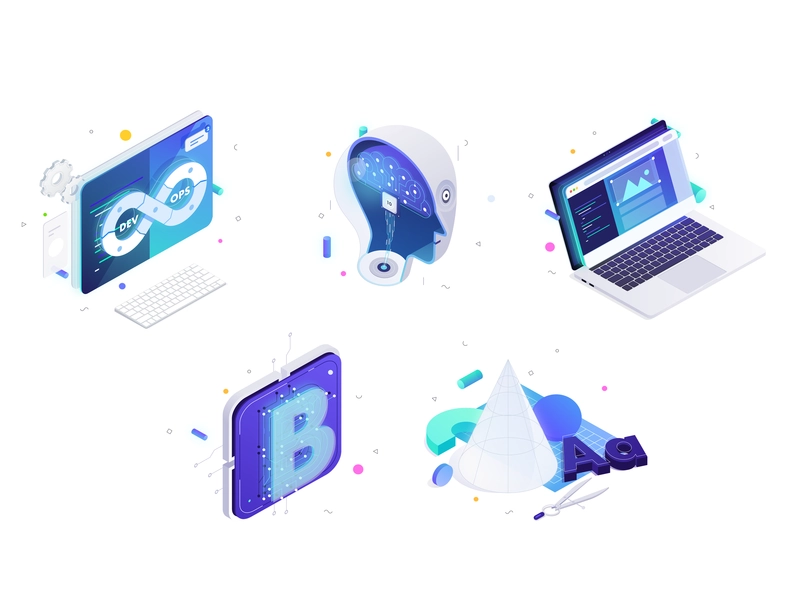
Understanding the Influence of COVID-19 on Consumers and Online Businesses
Posted on June 3rd, 2020
The world is preparing for the new normal. At MoEngage, we continue to monitor the impact of COVID-19 for industries such as Retail, Real-Estate, Travel & Hospitality, Media & Entertainment, Video Conferencing, Social Media, etc.












